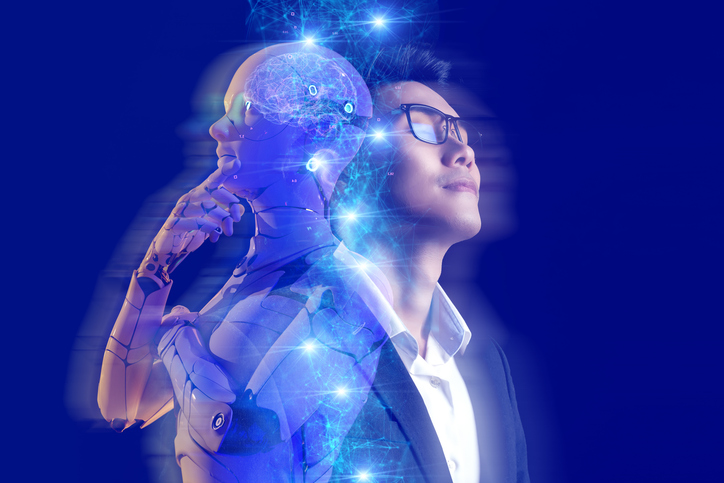AI-First Localization represents a paradigm shift in the way global content is created and adapted. It is an advanced strategy in which Artificial Intelligence (AI) is integrated as the foundational technology, rather than an add-on, to manage and accelerate the entire localization workflow — cultural adaptation and quality assurance. This goes beyond traditional methods that rely heavily on manual human translation. Instead, leveraging AI to drive speed, scalability, consistency, and cost-efficiency.
AI-First vs. Traditional Localization
The "AI-First" mindset changes the role of human experts from primary content creators to strategic reviewers and trainers for the AI system. AI doesn't eliminate human translators; instead, it seeks to augment their capabilities. By offloading the repetitive, high-volume, and predictable work to AI, human linguists, often called "AI Post-Editors," can focus their expertise on:
- Cultural Nuance: Ensuring the tone, imagery, and context are perfect for the target audience.
- Creative Content: Localizing marketing copy, slogans, and other content that requires creative flair.
- High-Risk Content: Reviewing critical legal, medical, or technical documentation where errors have serious consequences.
This hybrid approach, often termed "Man-Machine Collaboration," achieves the 'triple threat' of localization: better quality, faster delivery, and lower cost than traditional methods alone. AI-First Content Localization is quickly becoming the standard for enterprises that need to maintain a continuous, high-volume content presence across dozens or hundreds of global markets in multiple languages.
The Core Technologies and Process
AI-first localization combines the power of several advanced technologies, enabling more than just word-for-word translation. It means adapting content—including text, images, video, and user interfaces—to meet the linguistic, cultural, and technical requirements of a specific target market. AI-First elevates this process by leveraging advanced technology to automate repetitive tasks that previously relied heavily on manual human effort.
- Neural Machine Translation (NMT): Advanced AI models, often based on large language models (LLMs), that translate entire sentences based on context, resulting in more fluid and human-sounding output than legacy systems.
- Natural Language Processing (NLP): Enables AI to process the nuances of human language, including context, sentiment, and idiomatic expressions, ensuring localized content is presented naturally and authentically.
- Machine Learning (ML): This system uses human feedback (post-editing) to continuously learn and improve glossaries and translation memories, refining its accuracy and style over time.
- Generative AI: Can create entirely new content in the target language (transcreation) or adapt multimedia elements, such as adjusting images for cultural sensitivity or dubbing synthetic voices.
Pitfalls to Avoid with AI-First Localization
While AI offers immense efficiency, a pure AI-only approach presents significant risks that a "Human-in-the-Loop" strategy must mitigate. The primary pitfall is the lack of cultural nuance and brand voice; AI may produce technically correct translations that overlook cultural context, use inappropriate idioms, or render the brand's unique tone generic, eroding consumer trust, particularly in marketing content. Furthermore, AI often struggles with specialized technical and legal domains, where even slight inaccuracies can have serious consequences, making human subject-matter experts essential for both content creation and post-editing. Finally, concerns about data privacy in AI training data require strict oversight to avoid inadvertently exposing sensitive information or culturally insensitive translations.
The Value Proposition
In essence, AI-First localization is not about replacing people with machines; it's about re-engineering the entire process to leverage the respective strengths of both: the speed and processing power of AI for efficiency, and the cultural intelligence and creativity of human experts for quality and strategic impact. Human experts bring a deep understanding of local cultures and languages, as well as the ability to craft compelling, culturally relevant content. This combined power enables businesses to establish a global presence with unprecedented speed and depth.
Got An Idea? Lets Make It
Happen Today
Just Wanna Chat ? Just let Us Know When








